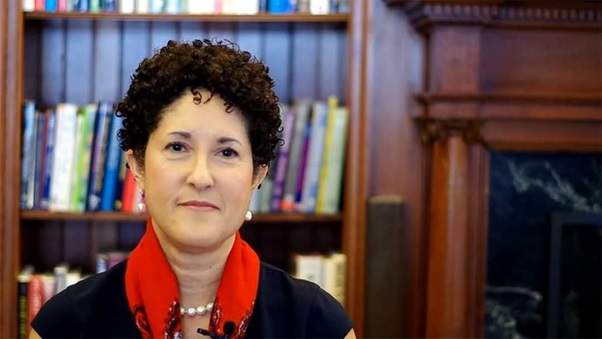Liberians want justice. For decades, those who profited off Liberian blood faced no accountability and, indeed, even rose to positions of power such as the mayoralty of Monrovia. While Liberia’s Truth and Reconciliation Commission directed the presidency to establish a War and Economic Crimes Court more than 15 years ago, successive presidents ignored the directive for the sake of short-term political convenience.
When the 80-year-old Joseph Boakai became president a year ago, he told his friends he wanted his legacy to include finally standing up the War and Economic Crimes Court. He was true to his words, but he misjudged one thing.
In recent decades, human rights advocacy has become a big business. International human rights groups and local non-governmental organizations often prioritize their own prestige or financial interests above principle. The human rights community is also incestuous, with its personnel rotating between government and the NGO community. When something goes awry, the kneejerk reaction is to protect friends and colleagues rather than the victims of immoral if not illegal schemes.
So it has been with Civitas Maxima, a Swiss-based NGO that prides itself on gathering dossiers on alleged war criminals that prosecutors across the United States and Europe once embraced uncritically. No longer. Across Europe, into Africa, and now likely in the United States courts have thrown out or dismissed cases or found in favor of the defendants after finding that Civitas Maxima apparently paid witnesses for testimony that proved demonstrably false.
Boakai got off to a strong start when he appointed Jonathan Massaquoi who had faced down and successfully defeat one such Civitas Maxima cash-for-testimony scheme that spanned from Finland to Liberia to Sierra Leone.
Massaquoi sought to model the court after the highly successful Sierra Leone Special Tribunal, a body established jointly by the United Nations and the Sierra Leone government. The benefit of a hybrid court would be two-fold: It could combines the resources of international experts with the local knowledge of Liberian lawyers. Second, its mentorship and training opportunities would be second to none. In Sierra Leone, many top prosecutors, judges, and defense attorneys got their start working for the Sierra Leone Special Tribunal. Not only would this model be the best for Liberians and justice, but it would truly cement Boakai’s legacy.
Frankly, the international human rights mafia had other priorities. Liberia’s War and Economic Crimes Court could mean millions of dollars in grants, consulting fees, and salaries. Civitas Maxima and its partners, both in Liberia and the United States, wanted a cut of the action.
Enter Beth Van Schaack, the Biden administration’s ambassador-at-Large for Global Criminal Justice. Van Schaak previously worked at the California-based Center for Justice and Accountability, a body that openly cooperated with Civitas Maxima. Rather than hold her former partners accountable for what amounted to negligence at best and fraud at worst, she sought to protect them from scrutiny, declaring any criticism would endanger civil society.
Let me speak personally as an academic: Beth, you are wrong. Civil society should welcome criticism, debate it, and address it; it should never dismiss it or use the levers of government or courts to silence it.
Liberians sources say Van Schaack went further and colluded with U.S. colleagues at the United Nations to threaten Boakai that failure to dismiss Massaquoi in favor of a Civitas Maxima/Van Schaack approved candidate would mean a cut off of U.S. funds.
Such a threat was both empty and unethical; funding the court let alone staffing it would not be Van Schaack’s decision but Boakai did not want to take the chance.
Now, his legacy is on the line. Van Schaack will be leaving office, as will the ambassadors who conveyed the threat. Boakai does not need to worry about them.
Great presidents do the right thing; they do not cave to blackmail. Boakai can truly cement his legacy, win justice for Liberians, and strike a blow to corruption in the human rights community should he restore Massaquoi and end the participation of those who put their own profit above Liberian justice.







